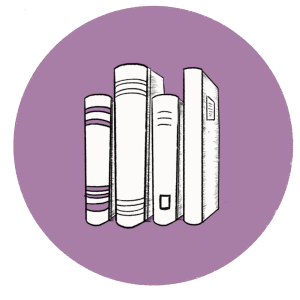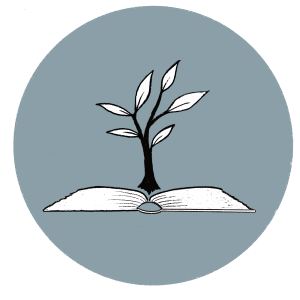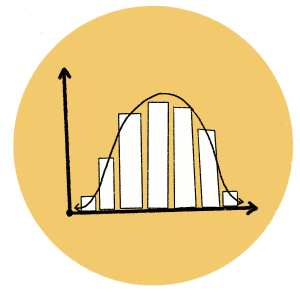Featured

Career Opportunities EXECUTIVE ASSISTANT (24-month contract) Position Description: The Higher Education Quality Council of Ontario (HEQCO) is an agency of the Ontario government which brings evidence-based research to the continued improvement of the province’s postsecondary education system. HEQCO is looking for an executive assistant (24-month contract) to provide executive services and support to the president […]
Updated guide offers advice on improving the quality of WIL for all learners Effective and Inclusive Practices to Enhance the Educational Quality of Structured Work Experiences Offered through Colleges and Universities Work-integrated learning (WIL) experiences such as internships, placements, co-ops, field experiences, professional practice and clinical practicums continue to be an integral part of the […]

How many Ontario students applied to the province’s colleges and universities during the last decade? How many enrolled? How many graduated? Find the answers to these and other good questions in Quick Stats, a compendium of data on Ontario’s postsecondary system. Note: All visualizations begin in 2013 and go up to the most recent year […]
Latest
What’s Driving Student Decisions? Analyzing 2022 Ontario College Application Data was written by Hagar Effah, Sarah Brumwell, Margaret de Leon & Jackie Pichette, Higher Education Quality Council of Ontario. Ontario college applicants more open to online learning, but younger students prefer more in-class options A survey of recent college applicants finds that applicants across demographic […]
Inclusion in Work-integrated Learning: Lessons from Administrators, Employers and Students was written by Ken Chatoor & Amy Kaufman, Higher Education Quality Council of Ontario. Study reveals the importance of inclusivity to work-integrated learning experiences and where improvements can be made Work-integrated learning (WIL) provides many benefits for postsecondary education (PSE) students including improved labour market […]
The Consortium on International Education is a new HEQCO-funded research project involving five partner organizations. Each partner will conduct evidence-based research to inform policy and practice and address growing concerns related to the state of international education in Ontario. Over the next two years, the partners will investigate the quality, accountability and sustainability of international […]
Analyzing Student Supports in Destreamed Math: Helping Students Succeed and Make Informed Choices About PSE was written by Natalie Pilla, Ryan Tishcoff & Jackie Pichette, Higher Education Quality Council of Ontario. Ontario’s destreaming policy shows early signs of success, but equity and awareness gaps remain The July 2020 decision by the Ontario government to destream […]
Student Identity and Work-integrated Learning (WIL): Exploring Student Experiences of WIL by Demographic was written by Ken Chatoor & Lena Balata, Higher Education Quality Council of Ontario. System-wide data collection is needed to improve the work-integrated learning experience for students from underrepresented groups Work-integrated learning (WIL) is playing an increasing role in preparing students with […]
HEQCO’s fall 2021 survey of students reveals that women, immigrants and students with disabilities are not experiencing the same levels of inclusive, high-quality WIL as others. These demographic groups report statistically significant higher rates of dissatisfaction, barriers to accessibility at different stages of their placement, harassment from colleagues and mental health challenges. Authors: Ken Chatoor […]






